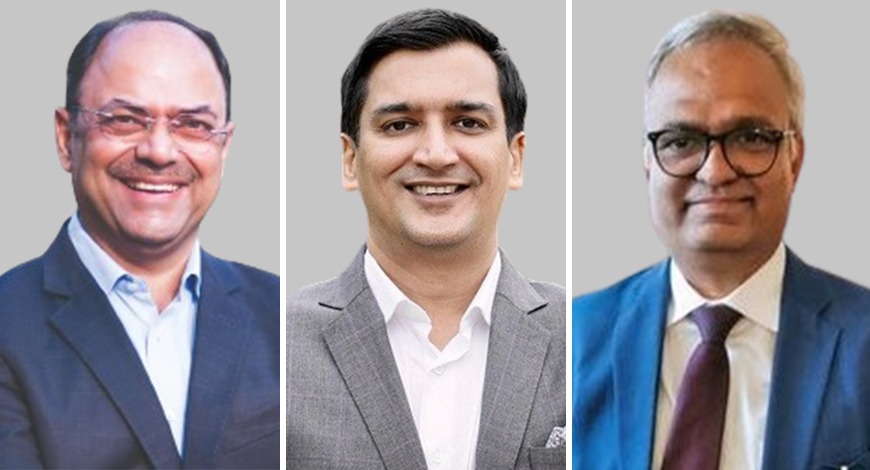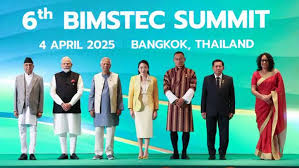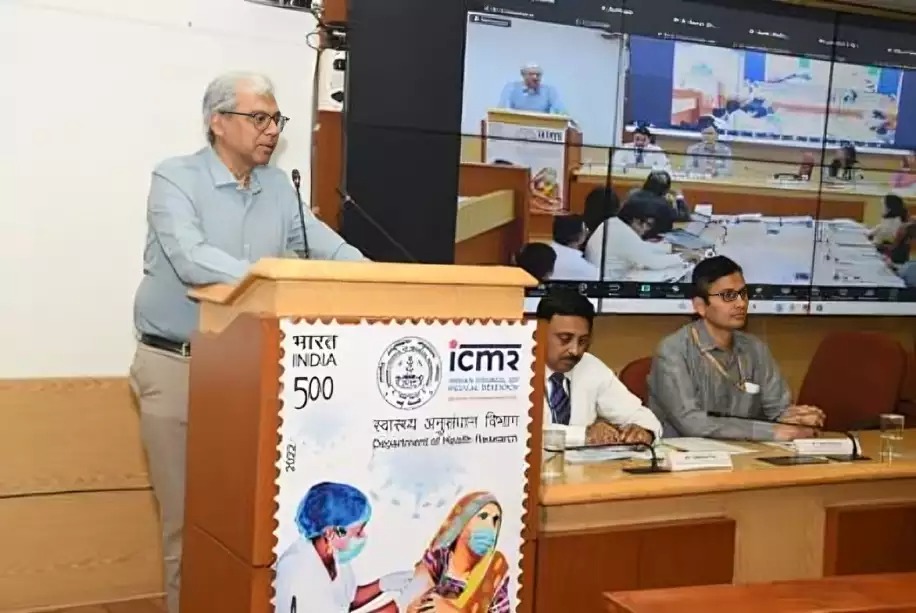J.P. Nadda Champions Mental Wellness: Ayushman Arogya Mandirs Revolutionize Primary Healthcare
Mental Health at the Forefront of Primary Care In a significant step towards integrating mental healthcare services into primary healthcare, the Government of India has included mental health services in the Ayushman Arogya Mandirs. Union Health

Mental Health at the Forefront of Primary Care
In a significant step towards integrating mental healthcare services into primary healthcare, the Government of India has included mental health services in the Ayushman Arogya Mandirs. Union Health Minister J.P. Nadda announced that over 1.73 lakh Sub-Health Centres (SHCs) and Primary Health Centres (PHCs) have been upgraded under this initiative. These centers aim to provide comprehensive healthcare services, including the newly added mental health support.
District Mental Health Programme Expansion
The District Mental Health Programme (DMHP), a key component of the National Mental Health Programme, is now operational in 767 districts. This initiative is designed to provide a range of mental health services, including outpatient consultations, psycho-social interventions, medication, and support for severe mental disorders. Facilities under DMHP extend to Community Health Centres (CHCs) and PHCs, offering care closer to communities.
Enhanced Training and Infrastructure
To address the shortage of mental health professionals, the government is leveraging online training programs for general healthcare workers through Digital Academies established at institutions like NIMHANS and the Central Institute of Psychiatry, Ranchi. Additionally, tertiary care facilities have been bolstered with the creation of 25 Centres of Excellence and the strengthening of 47 postgraduate departments in mental health specialties across medical colleges.
Impact of Ayushman Arogya Mandirs
Since their inception, Ayushman Arogya Mandirs have delivered an expanded range of services to communities nationwide, addressing preventive, curative, and rehabilitative health needs. With mental health now integrated, these centers are poised to tackle the growing burden of mental illnesses, estimated to affect about 10.6% of adults as per the National Mental Health Survey.
National Strategy for Suicide Prevention
Complementing these efforts, the government has launched a National Suicide Prevention Strategy aimed at reducing suicide mortality by 10% by 2030. This framework emphasizes coordinated action across stakeholders to address mental health challenges systematically.
Tele-MANAS Initiative
Tele-Mental Health Assistance and Networking Across States (Tele-MANAS) has been established in 34 states, receiving over 500,000 calls, providing remote mental health counseling, and ensuring wider access to care.
This multi-pronged approach signifies the government’s commitment to making mental health services accessible, affordable, and inclusive at the grassroots level.






